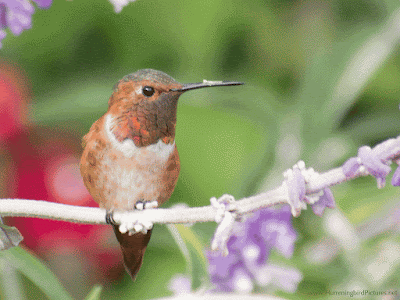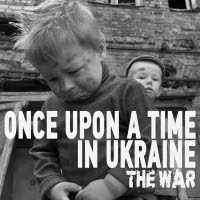by Susan Ayres
 |
| The U.S. Department of the Interior announced on Friday that they will implement President Trump’s name change for the Gulf Coast.(wjhg) |
I laugh at what you call dissolution,
And I know the amplitude of time.
And yet she too is dissolved in a sea
of fears and worries. Will the rocks smash
her if the saltwater lets her go? In the muted
submersion there’s an isolation. The air
bubbles rise in a tickle. Small fish nibble
her toes. It’s not like she’s fallen to pieces.
She’s just lost her reason, her name.
She’s the brain mush and muscle mash
of dark swirls in the clear green water,
the murky way men possess women. Her particles
bond to the tickles. The waves push her
forward with the incoming tide. She laughs
at what they call dissolution. Floating
face down she knows the amplitude of time.
Susan Ayres is the author of Walk Like the Bird Flies (Finishing Line, 2023) and Red Cardinal, White Snow (Main Street Rag, 2024). Her work has been nominated for a Pushcart Prize, and her poems and translations have appeared in numerous journals. She studied Spanish in Cuernavaca, Mexico, practiced karate for nine years with her son, and now spends time in Texas writing, collaging, teaching, and learning tai chi.
















